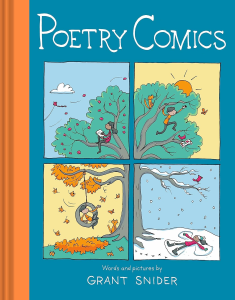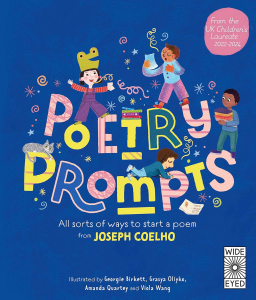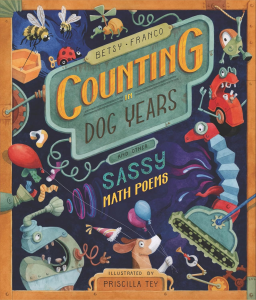Our pup just turned five months old. His favourite thing to chew? Paper. Or anything that resembles paper: Kleenex, napkins, notepads, leaves, bark, books, printed drafts of my in-progress manuscripts…
In the words of a friend: “Doesn’t he know he lives with a writer?”
Perhaps he chews books in solidarity with me: devouring them as I do. I figure that perspective–and his cuteness–may help ease the exasperation of the moment.
And by the way, if a student ever says–the dog ate my homework–don’t immediately discount it as a falsehood. It might very well be true.




